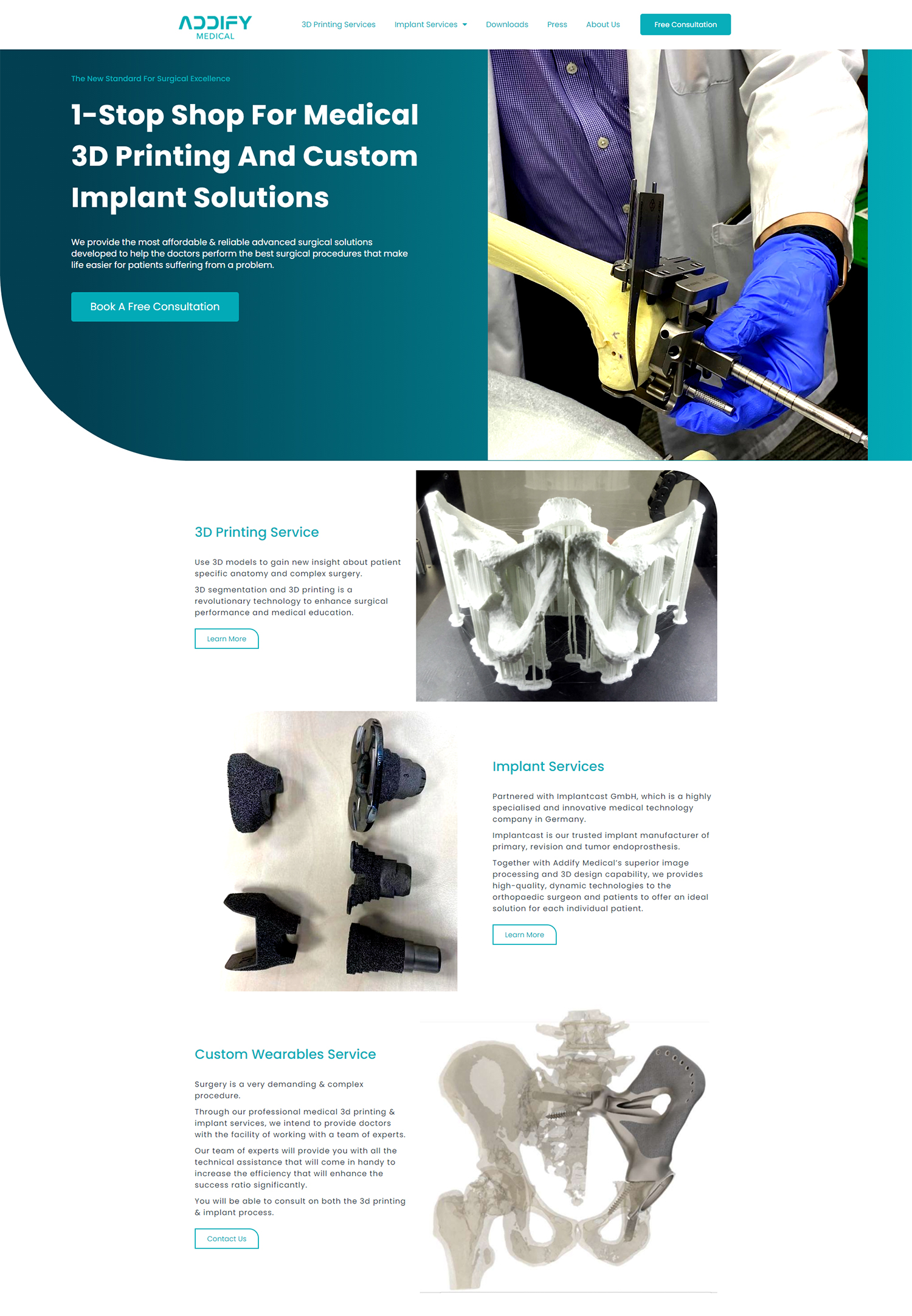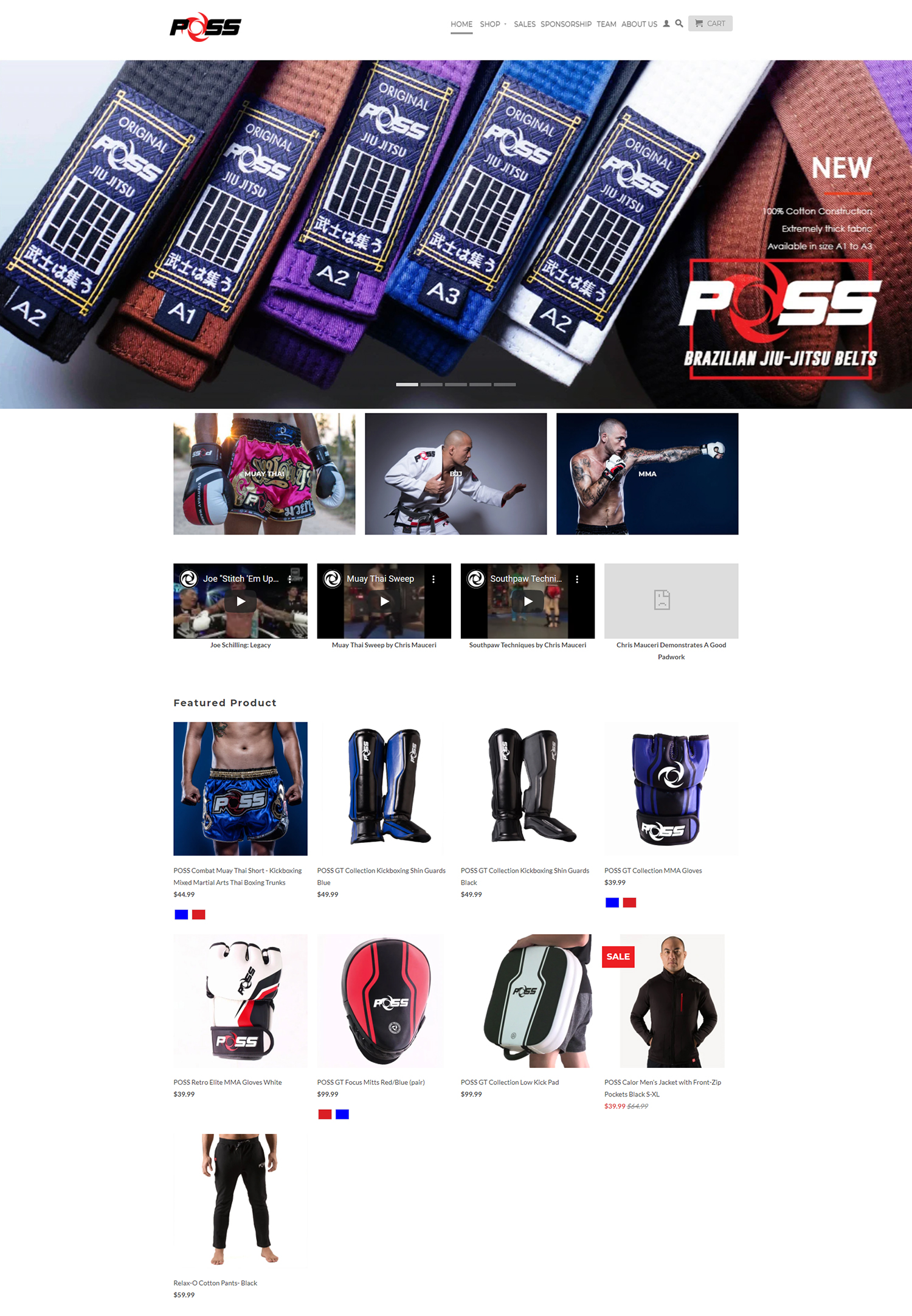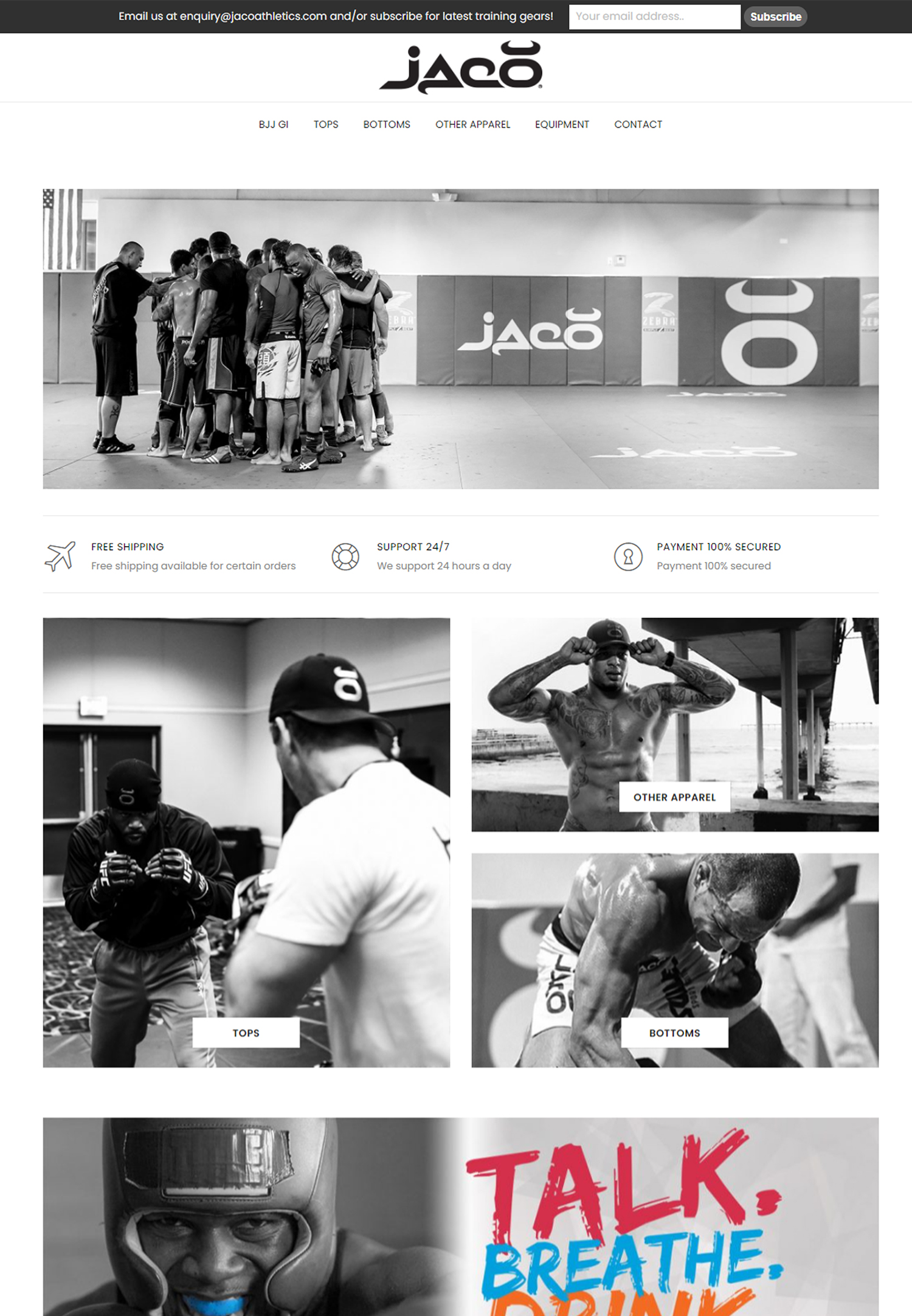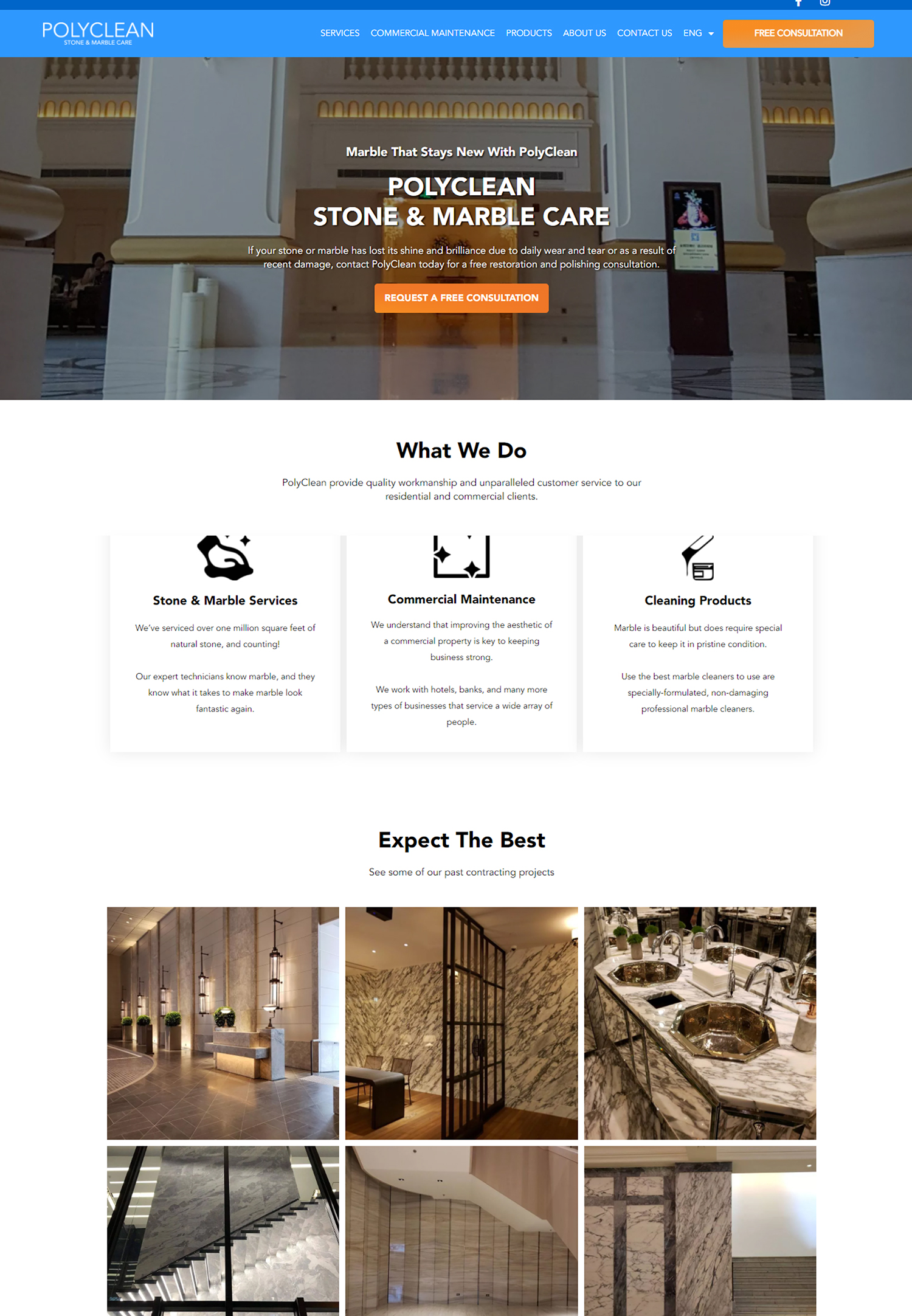In today’s digital age, building trust online is crucial for the success of any business. With the increasing number of online scams and fraudulent activities, consumers have become more cautious and skeptical when it comes to making purchases or sharing personal information online. Therefore, establishing trust with your target audience is essential to gain their confidence and loyalty.
Trust plays a significant role in the long-term success of a business. When customers trust a brand or website, they are more likely to make repeat purchases, recommend the business to others, and become brand advocates. On the other hand, if trust is broken or never established in the first place, customers may abandon the website or choose a competitor instead. Building trust online is not only about gaining new customers but also about retaining existing ones.
Clear and Transparent Communication
Clear and transparent communication is key to building trust online. When customers visit a website, they expect to find accurate and easily understandable information about the products or services offered. Any misleading or confusing information can lead to distrust and frustration.
To achieve clear and transparent communication, businesses should ensure that their website content is concise, accurate, and up-to-date. Avoid using technical jargon or complex language that may confuse visitors. Instead, use simple and straightforward language that is easy for anyone to understand.
Another important aspect of clear communication is being transparent about pricing, shipping policies, and any other relevant information. Clearly state all costs associated with a purchase, including taxes and shipping fees. Provide detailed information about shipping times and methods. Being upfront about these details helps customers make informed decisions and builds trust in the business.
Professional Design and User Experience
The design and user experience of a website play a crucial role in building trust with visitors. A professionally designed website instills confidence in users and gives the impression that the business is legitimate and trustworthy.
To create a professional design, businesses should invest in high-quality graphics, images, and videos that are visually appealing and relevant to their products or services. The website should have a clean and organized layout, with easy-to-navigate menus and clear calls to action.
User experience is equally important in building trust online. A website that is slow to load, difficult to navigate, or prone to errors can frustrate visitors and make them question the credibility of the business. To ensure a positive user experience, businesses should optimize their website for speed, make it mobile-friendly, and regularly test for any technical issues.
Secure and Reliable Website Infrastructure
Website security and reliability are paramount when it comes to building trust online. Customers want to feel confident that their personal information, such as credit card details or contact information, is safe when they make a purchase or interact with a website.
To ensure website security, businesses should invest in SSL certificates to encrypt data transmitted between the website and users’ browsers. Regularly update software and plugins to patch any security vulnerabilities. Implement strong password policies and regularly backup website data.
Reliability is also crucial in building trust. A website that is frequently down or experiences technical issues can lead to frustration and distrust among visitors. Businesses should choose a reliable hosting provider that offers uptime guarantees and has a reputation for excellent customer support.
Consistent Branding and Messaging
Consistent branding and messaging are essential for building trust online. When customers see consistent branding across different platforms and touchpoints, it reinforces the credibility of the business and creates a sense of familiarity.
To create consistent branding, businesses should develop a clear brand identity that includes a logo, color palette, typography, and tone of voice. Use these elements consistently across all marketing materials, including the website, social media profiles, email newsletters, and advertisements.
Consistent messaging is equally important. Ensure that the brand’s values, mission statement, and unique selling propositions are communicated consistently across all channels. This helps customers understand what the brand stands for and what they can expect from its products or services.
Social Proof and Testimonials
Social proof and testimonials are powerful tools for building trust online. When potential customers see that others have had positive experiences with a business, it increases their confidence in making a purchase or engaging with the brand.
To gather social proof and testimonials, businesses can encourage satisfied customers to leave reviews on platforms such as Google, Yelp, or Trustpilot. They can also ask for testimonials directly from customers and showcase them on their website or social media profiles.
It’s important to ensure that social proof and testimonials are genuine and authentic. Avoid using fake reviews or testimonials, as they can quickly backfire and damage the trust that has been built. Instead, focus on providing excellent products or services and encouraging satisfied customers to share their experiences.
Privacy Policy and Data Protection
In today’s digital landscape, privacy policy and data protection are critical for building trust online. Customers want to know that their personal information will be handled securely and responsibly by the businesses they interact with.
To ensure privacy policy and data protection, businesses should have a clear and comprehensive privacy policy that outlines how customer data is collected, stored, and used. This policy should be easily accessible on the website and written in plain language that is easy for anyone to understand.
Implementing robust security measures, such as encryption and firewalls, is essential to protect customer data from unauthorized access or breaches. Regularly update software and plugins to patch any security vulnerabilities. Train employees on data protection best practices to minimize the risk of human error.
Responsive Customer Support
Responsive customer support is crucial for building trust online. When customers have questions or encounter issues, they want to know that they can easily reach out to a knowledgeable and helpful support team.
To provide responsive customer support, businesses should offer multiple channels for customers to contact them, such as phone, email, live chat, or social media. Clearly display contact information on the website and respond promptly to customer inquiries.
Invest in training customer support representatives to ensure they have the knowledge and skills to assist customers effectively. Empower them to resolve issues quickly and provide personalized solutions whenever possible. A positive customer support experience can go a long way in building trust and loyalty.
Authenticity and Credibility
Authenticity and credibility are key factors in building trust online. Customers want to know that the businesses they interact with are genuine, honest, and reliable.
To establish authenticity, businesses should be transparent about their history, values, and team members. Share the story behind the brand and its mission. Showcase the expertise and qualifications of team members to build credibility.
Avoid using deceptive tactics or making false claims about products or services. Be honest about any limitations or potential drawbacks. Customers appreciate transparency and are more likely to trust a business that is upfront about its strengths and weaknesses.
Building Trust Online for Long-Term Success
In conclusion, building trust online is essential for the long-term success of any business. Trust impacts customer loyalty, repeat purchases, and brand advocacy. By focusing on clear and transparent communication, professional design and user experience, secure and reliable website infrastructure, consistent branding and messaging, social proof and testimonials, privacy policy and data protection, responsive customer support, authenticity and credibility, businesses can establish trust with their target audience and create a strong foundation for growth and success in the digital world.
If you’re looking to build trust with your website visitors, one important element to consider is the design. A well-designed website can make a significant impact on how users perceive your brand and whether they trust your business. In fact, according to a recent article on Populis Digital, “Why Great Web Design is Important,” a visually appealing and user-friendly website can help establish credibility and encourage visitors to stay longer on your site. To learn more about the importance of web design in building trust, check out the full article here.
FAQs
What are trust-building elements on a website?
Trust-building elements on a website are features or components that help establish trust between the website and its visitors. These elements can include security badges, customer reviews, clear contact information, and professional design.
Why are trust-building elements important?
Trust-building elements are important because they help establish credibility and trust with website visitors. This can lead to increased conversions, sales, and customer loyalty.
What are some examples of trust-building elements?
Examples of trust-building elements include security badges, customer reviews, clear contact information, professional design, social proof, and guarantees or warranties.
How can I incorporate trust-building elements into my website?
You can incorporate trust-building elements into your website by adding security badges, displaying customer reviews, providing clear contact information, using professional design, showcasing social proof, and offering guarantees or warranties.
What is social proof?
Social proof is a psychological phenomenon where people are influenced by the actions and opinions of others. On a website, social proof can be demonstrated through customer reviews, testimonials, and social media shares or likes.
How can I use social proof to build trust on my website?
You can use social proof to build trust on your website by displaying customer reviews and testimonials prominently, showcasing social media shares or likes, and highlighting any awards or recognition your business has received.





























